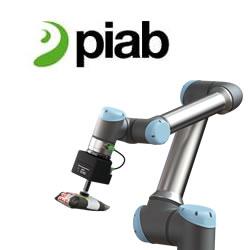CANADA: Deloitte future jobs report recommends basic income
Micah Kaats for BIEN: Recently, there has been a great deal of attention paid to the changing nature of work. From rising automation to the ever-expanding gig economy, the effects of shifting labor landscapes are being felt by governments, businesses, and workers around the world. A new report from Deloitte, a global consulting firm, in partnership with the Human Resources Professionals Association, wades into this discussion with an analysis of the Canadian workforce. In addition, the report offers an array of potential public policy responses to address disruptive trends in the labor market including a shorter workweek, flexible education pathways, and a basic income.
In the report, authors Stephen Harrington, Jeff Moir, and J. Scott Allinson provide analysis based on interviews with 50 leading experts, as well as a review of the relevant literature. The authors argue that Canada is on the verge of an “Intelligence Revolution” that will be shaped by three dominant trends: machine learning, increasing computing power, and automation. These “waves of disruptive change” are already being felt in the Canadian economy, and their effects will become increasingly significant over the next decade.
Specifically, the report identifies two overarching themes that have already begun to impact labor markets. First, as work becomes more decentralized, workers are increasingly finding themselves in temporary or contingent jobs. These “contingent workers” bring their skills to specific projects or tasks, moving on when the task is completed, and work for multiple companies simultaneously. These arrangements form the basis of the gig economy. Second, the researchers argue that automation is opening up new opportunities for collaborative work between machines and humans. While automation can cause job displacement in the short term, the researchers contend that new job opportunities will continue to arise as productivity increases. Full Article:
Comments (0)
This post does not have any comments. Be the first to leave a comment below.
Featured Product

